The Restoration Council of Shan State (RCSS/SSA) blamed the Burma Army for the increase of fighting in northern Shan State.
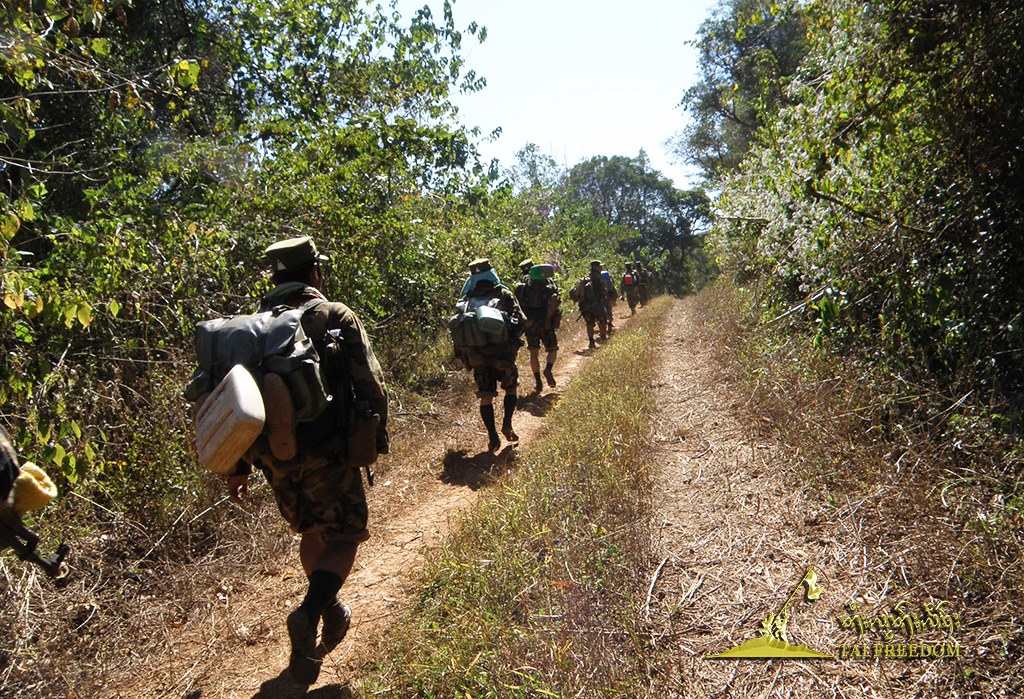
RCSSSSA
RCSS/SSA spokesperson Lt-Col Sao Oum Khur says “because the government forces entered the RCSS/SSA’s area” it broke the terms of the Nationwide Ceasefire Agreement (NCA), of which the ethnic armed organization is a signatory.
Between June 25 and July 21, RCSS/SSA clashed with Tatmadaw in Kyaukme Township at least 20 times, he says. Although no Shan soldiers were killed during this period, Sao Oum Khur told SHAN he heard that at least three Tatmadaw soldiers died in combat.
The fighting resulted in the displacement of at least 1,000 civilians in the villages of Kong Nyaung, Nammaw Pelu, Nam Han Keng, Yaysan, Ho Hpai, Hai Kwee, Nam Wah and Pang Kyin.
Sai Tun Win, a parliamentarian, says most of the villagers have returned to their homes. “The situation in Kyaukme Township is stable now,” he says. “We want both armed organizations to avoid fighting in villages.”
Sai Tun Win says most of the clashes in the last 30 days have been minor. But there were two major outbreaks of fighting between RCSS/SSA and Tatmadaw.
During one such outbreak, June 25-29, Tatmadaw soldiers shot and killed Long Su in the village of Pang Kyin. Nang Seng, who is from the same village, was also shot by the Burma Army. She survived the attack. Sai Aik Maung, from Akee village, was beaten unconscious by soldiers and hospitalized.
Outraged by the attacks on civilians, over 10,000 staged a rare protest in the town of Kyaukme. Initially, police tried to prevent many out-of-town protesters from joining the rally, but later allowed them to cross the barricades they erected to keep them out of the town.





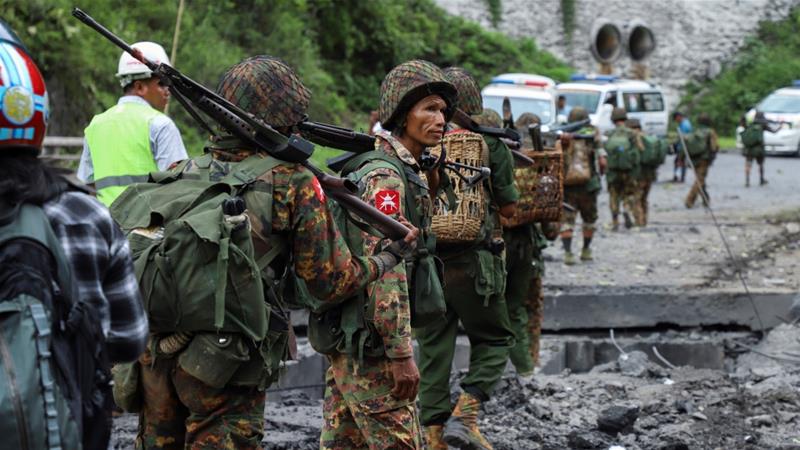
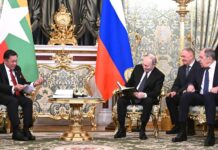
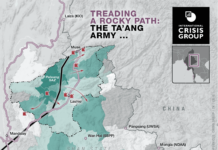

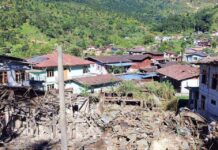
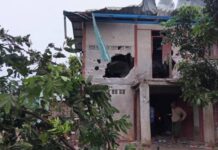






Leave a Comments